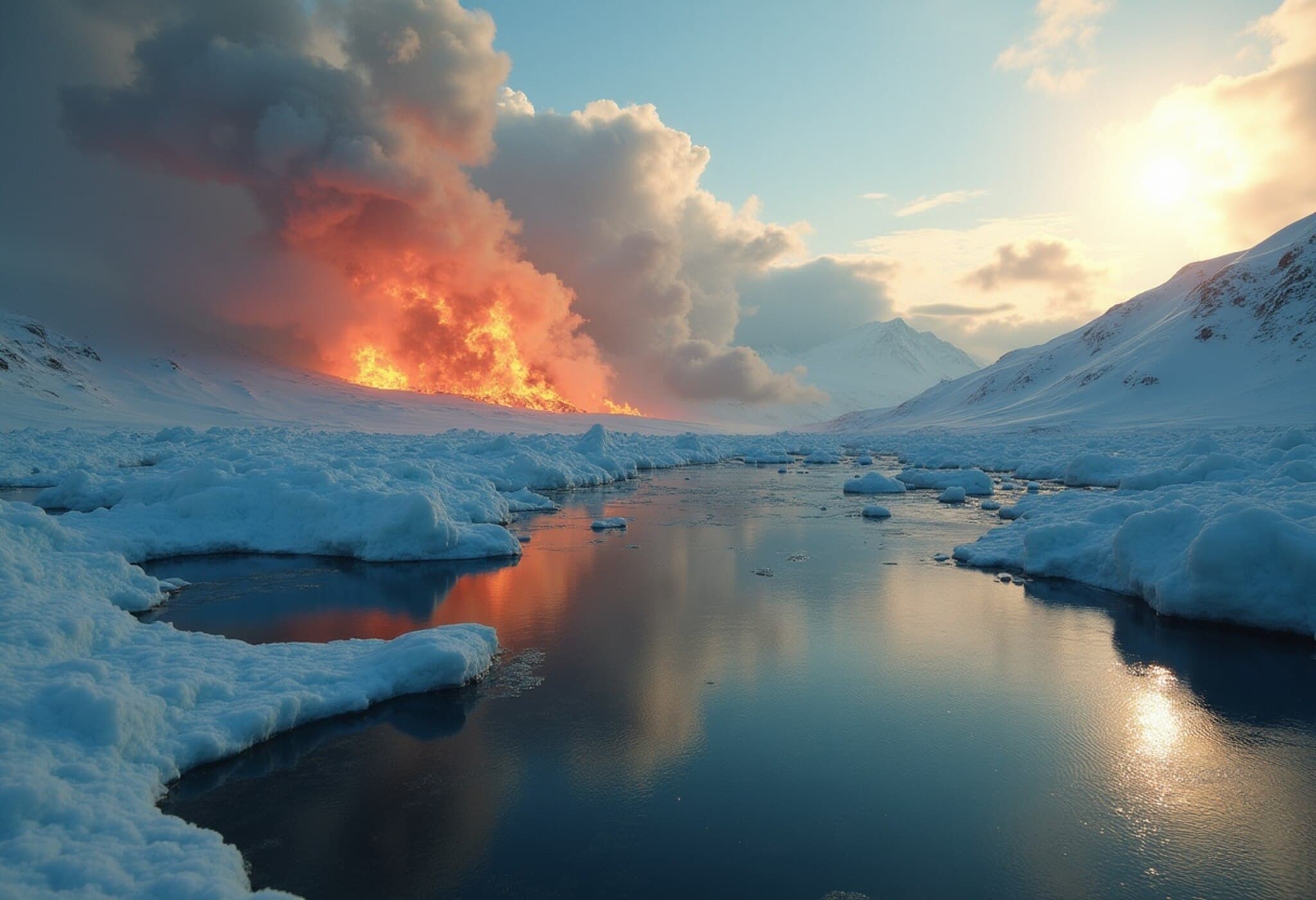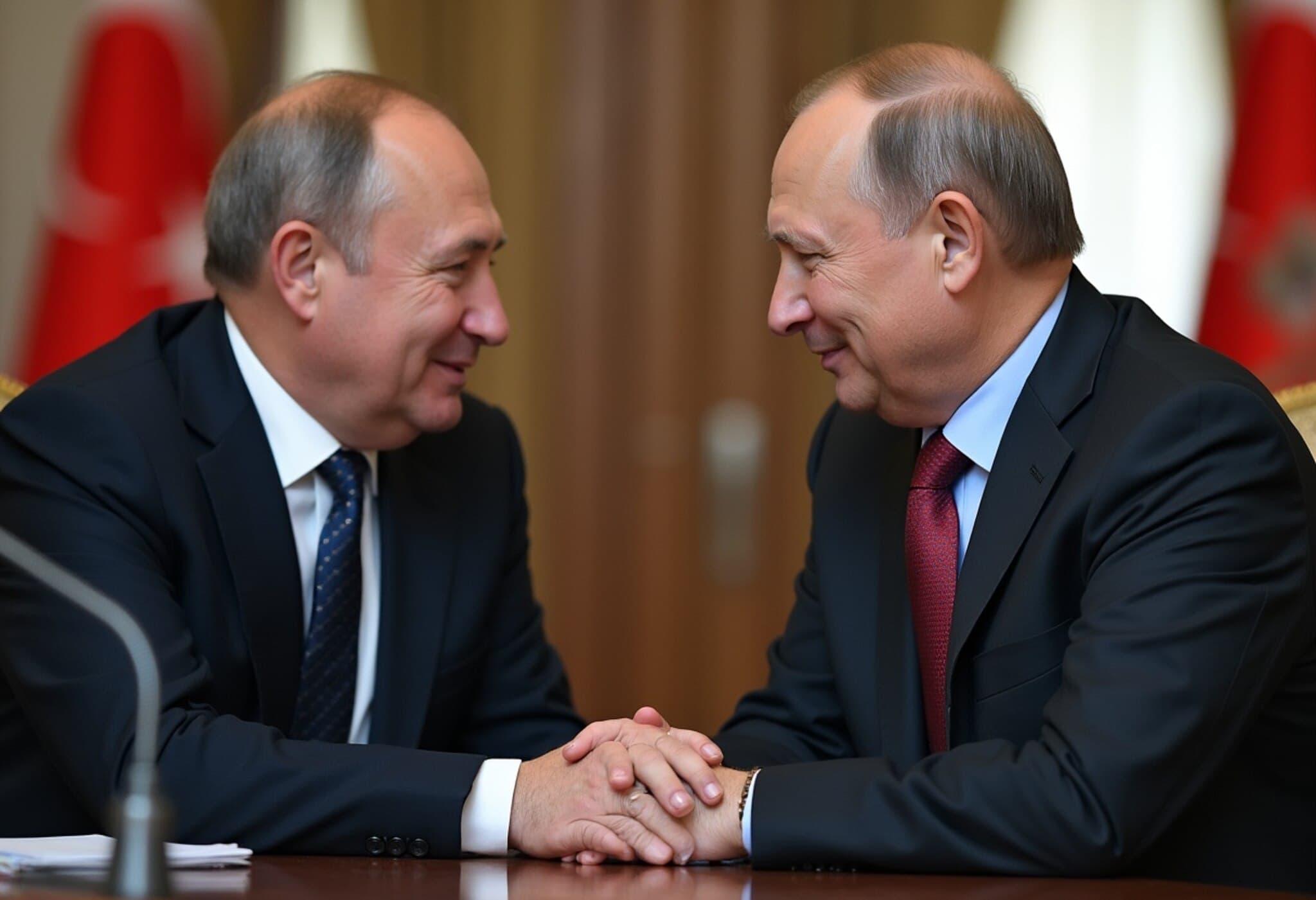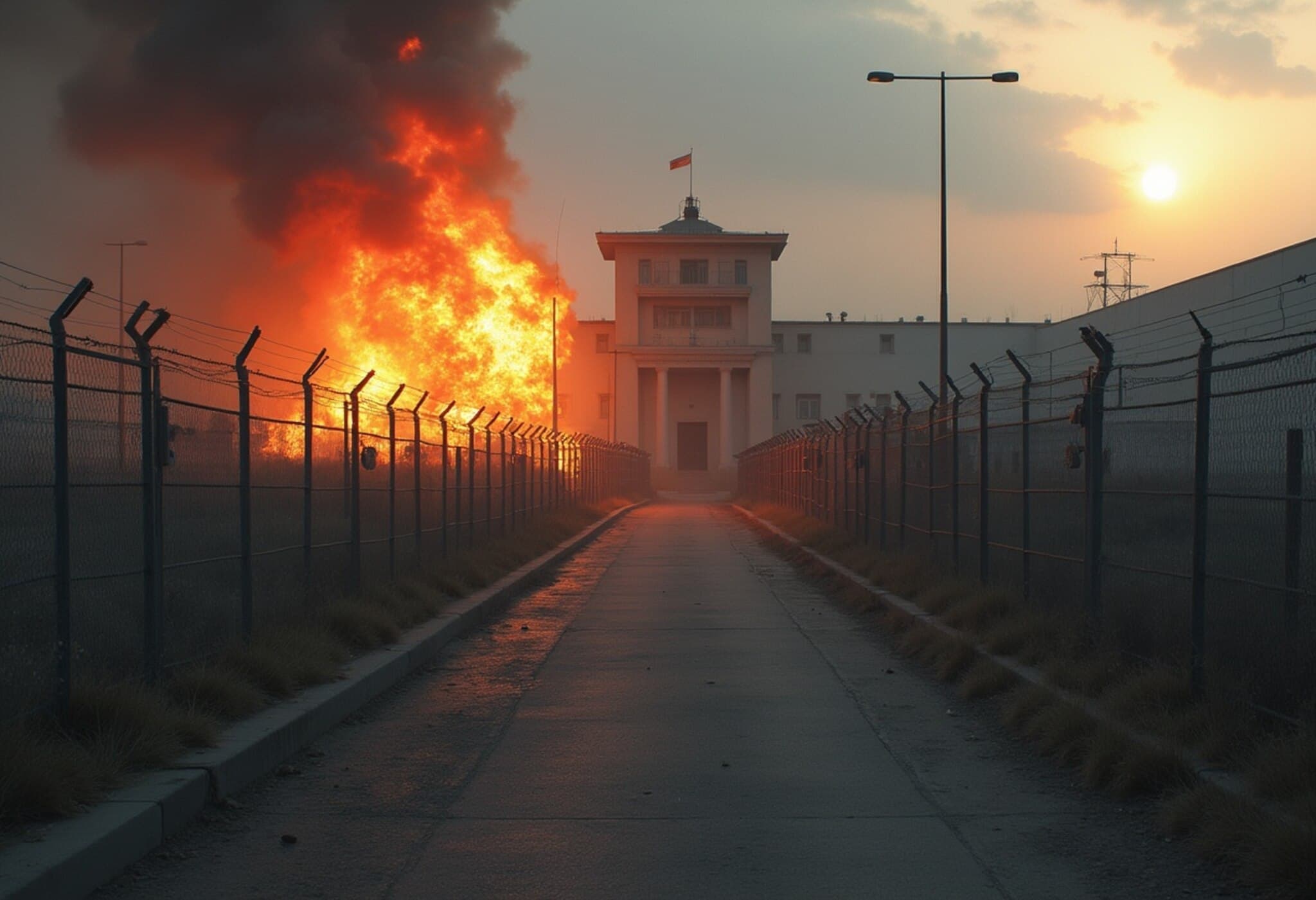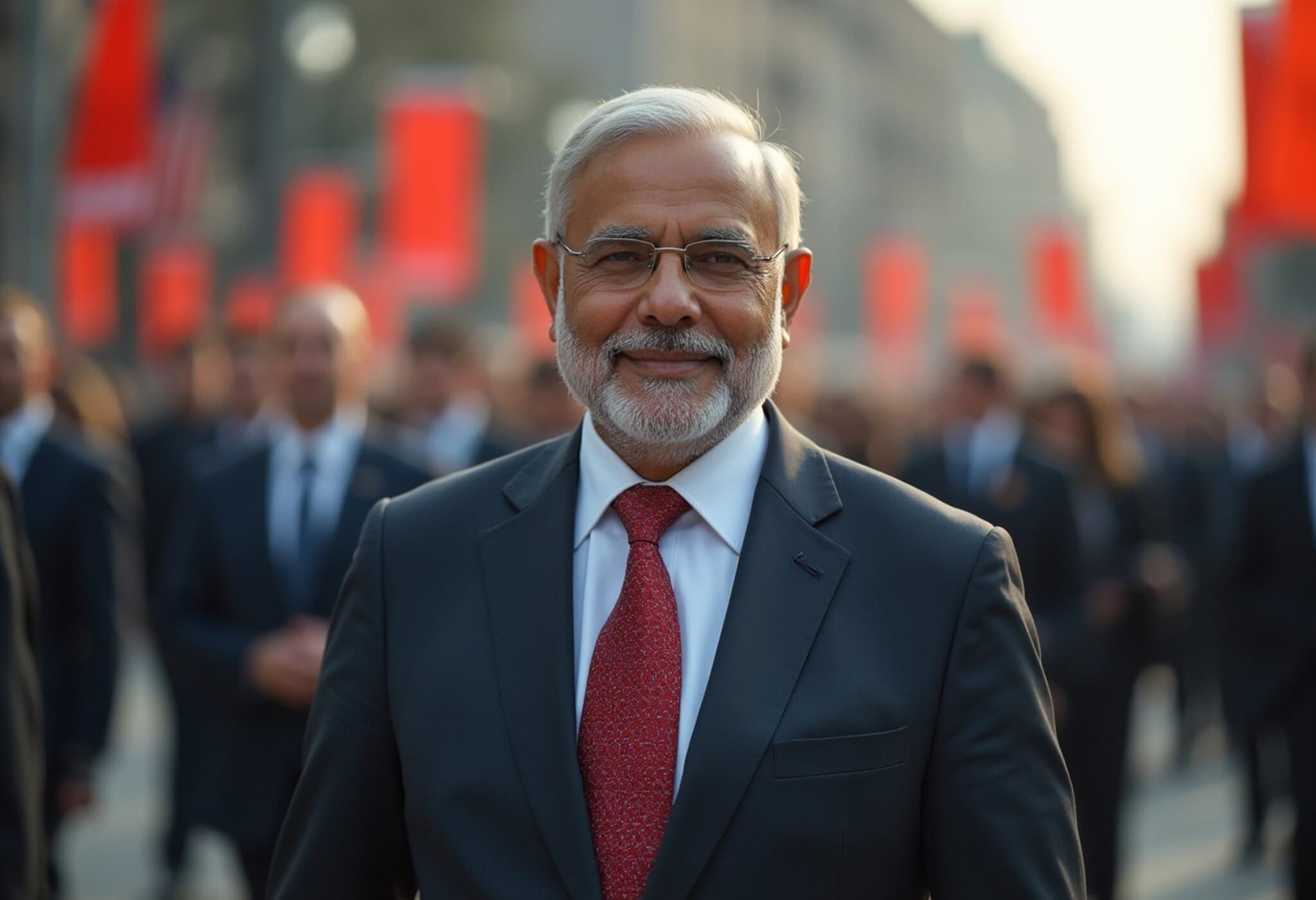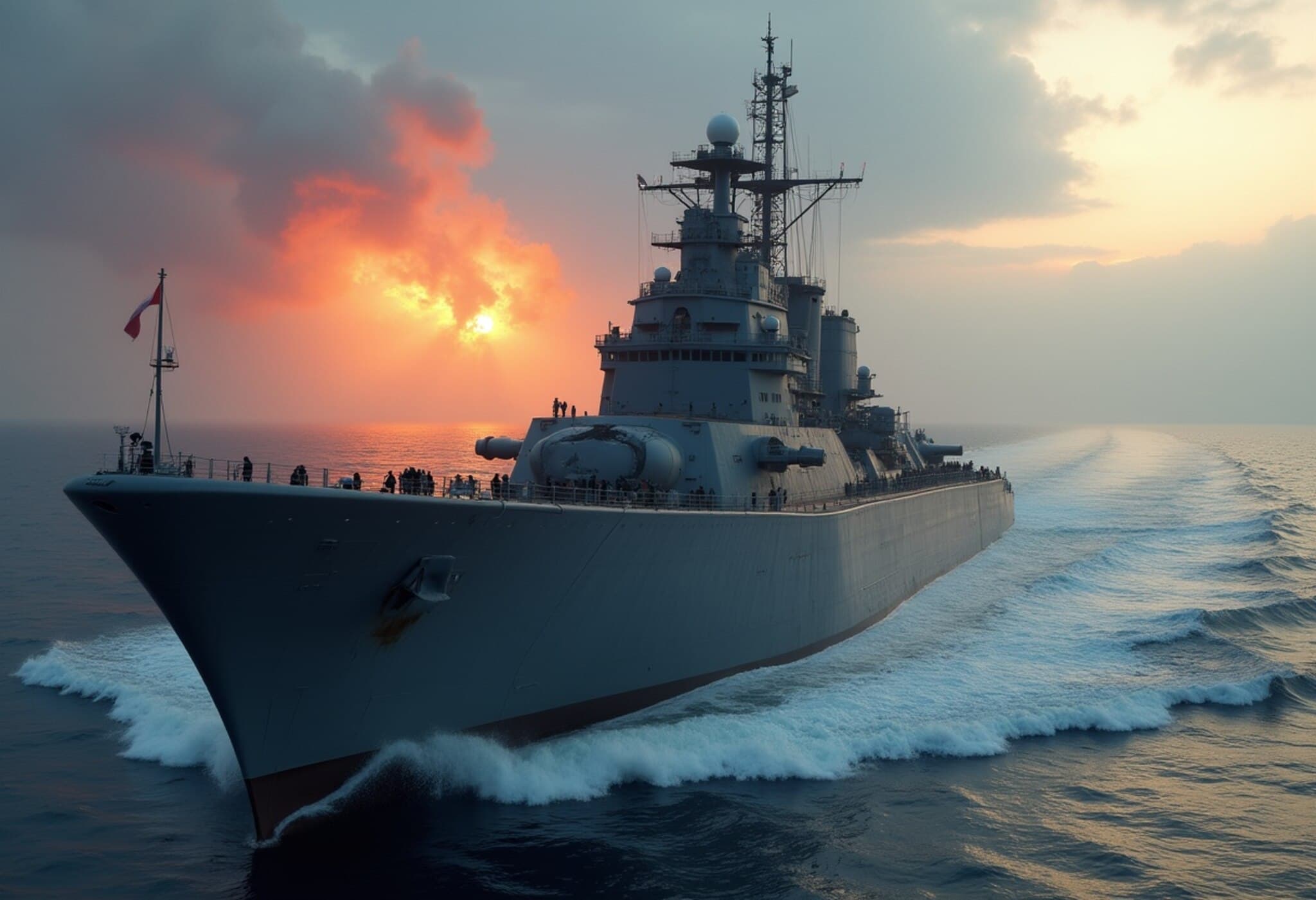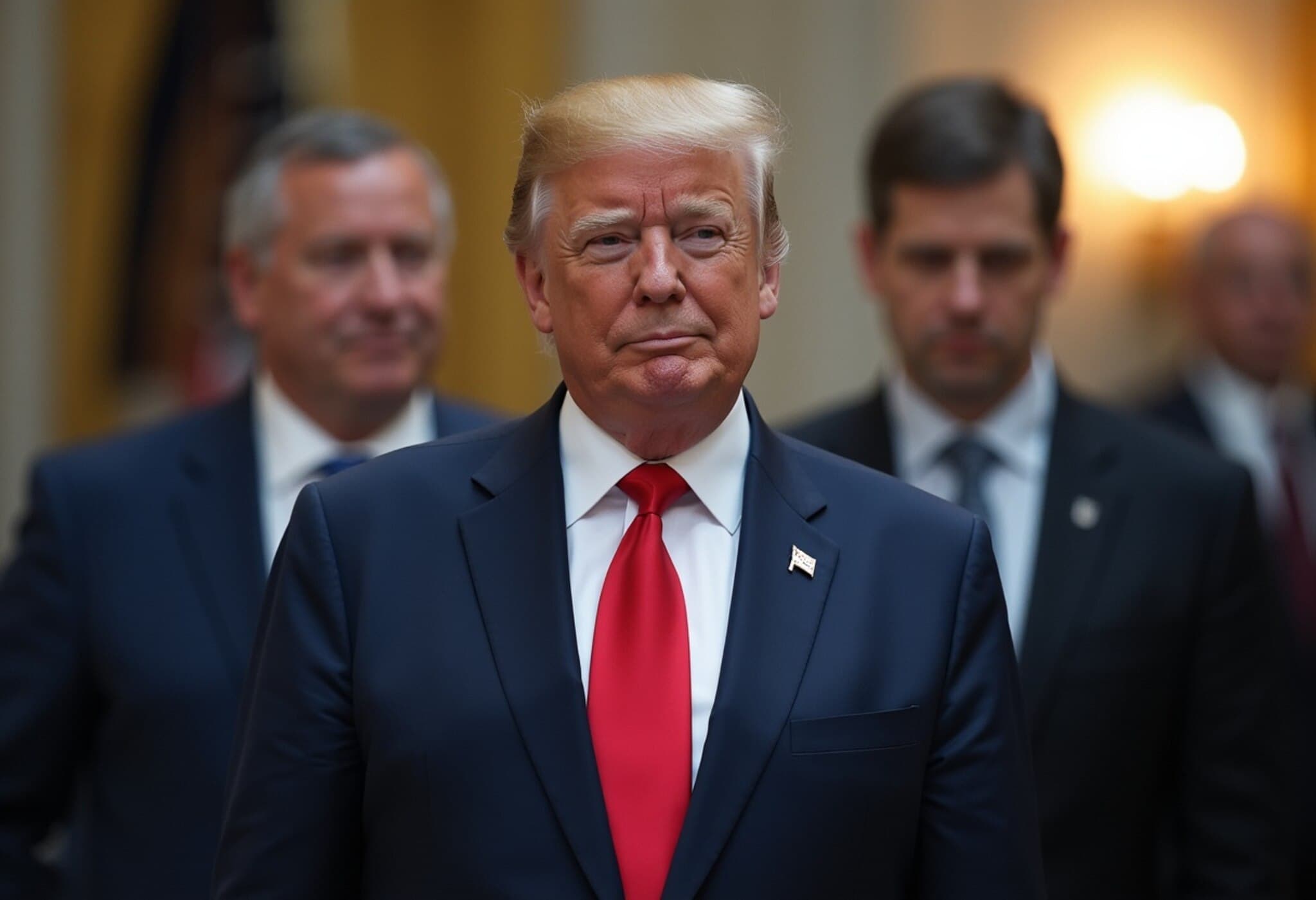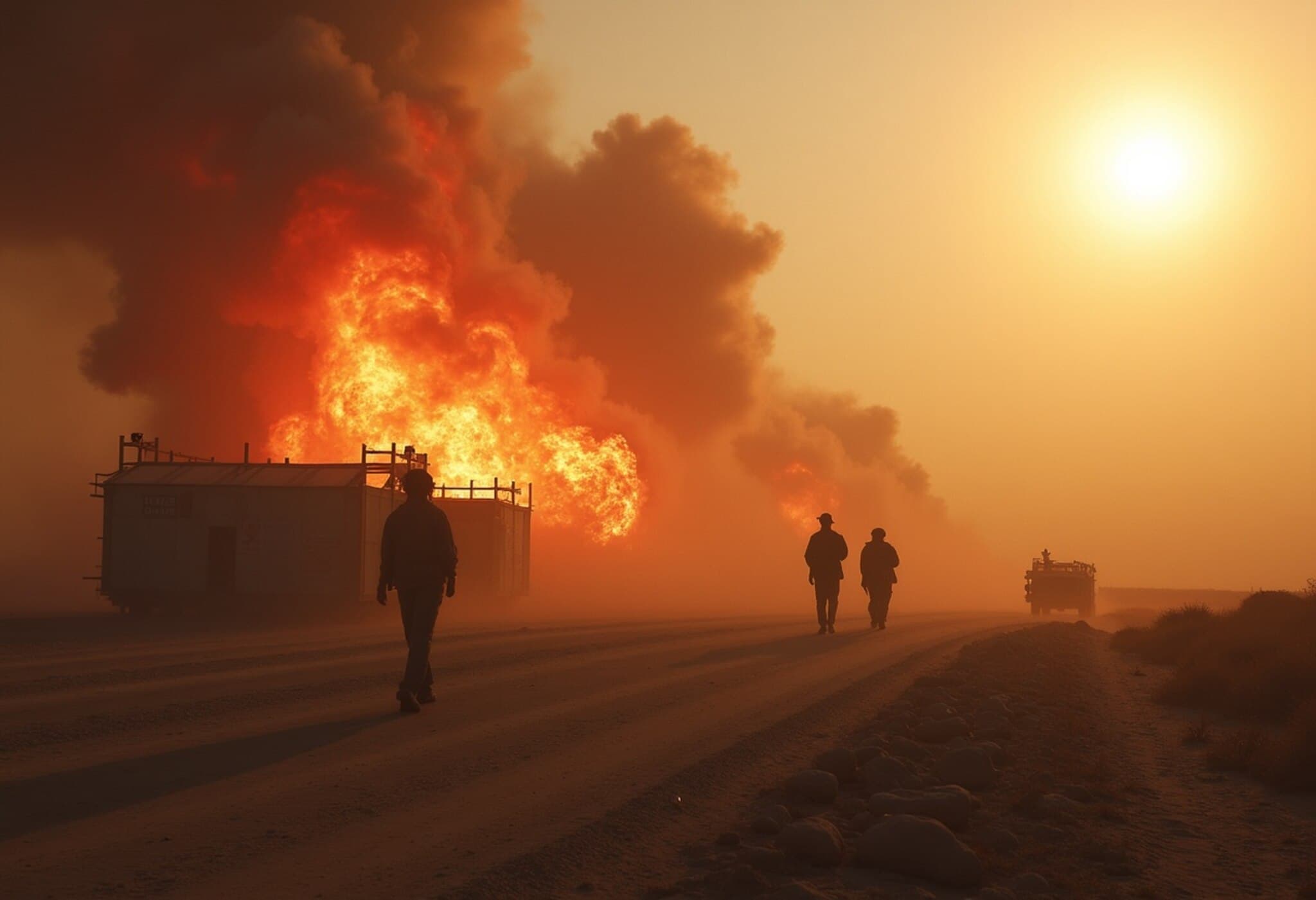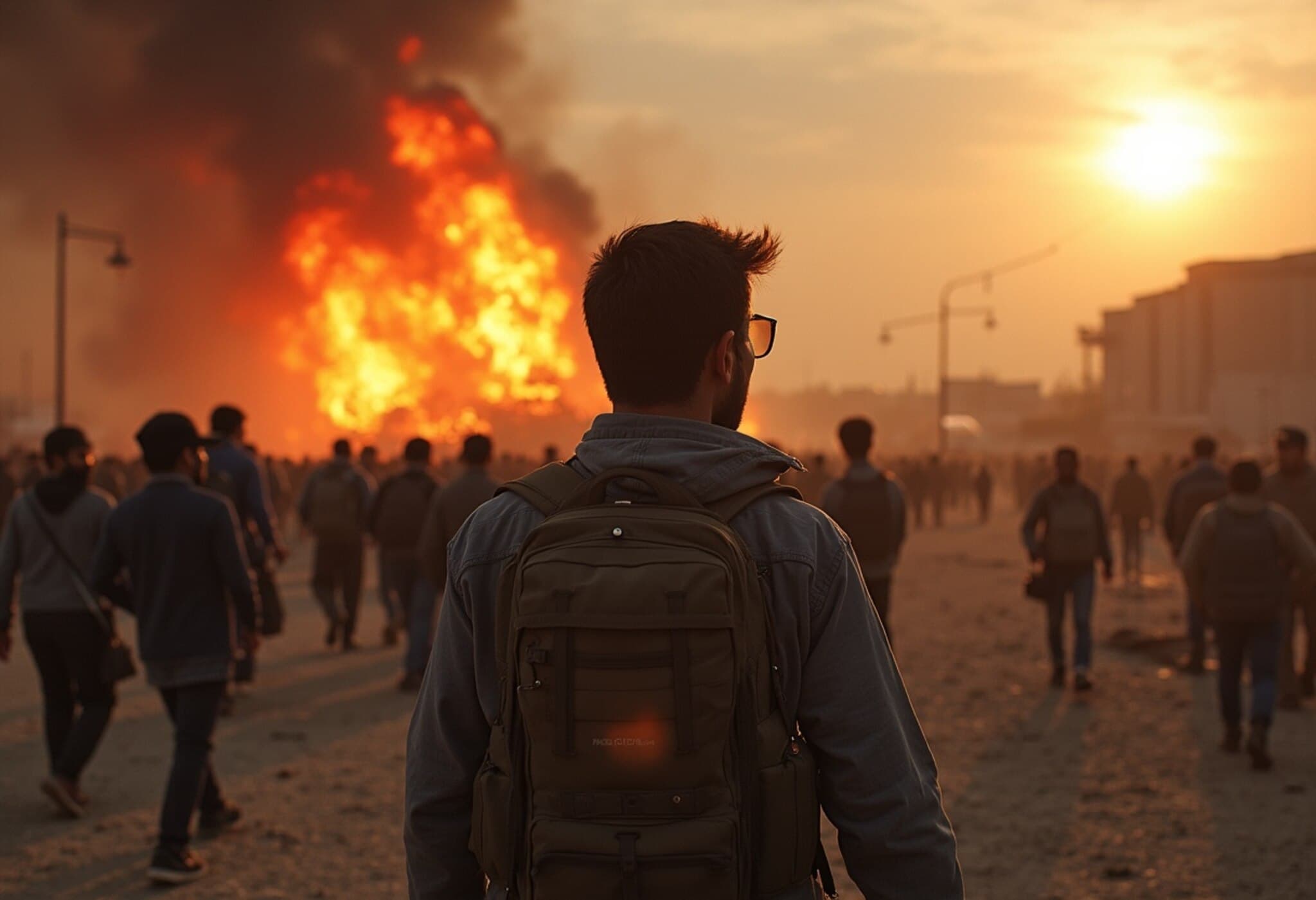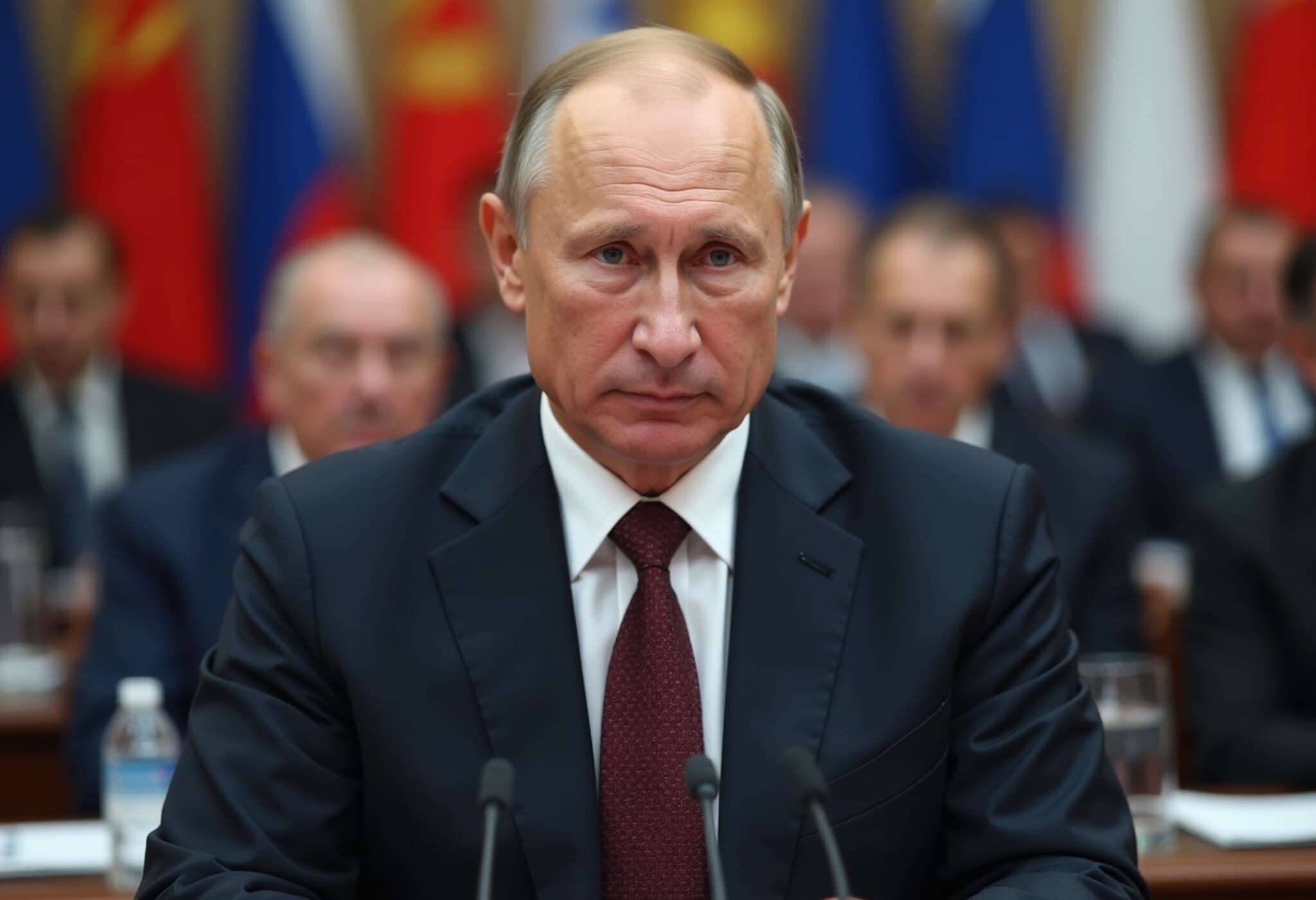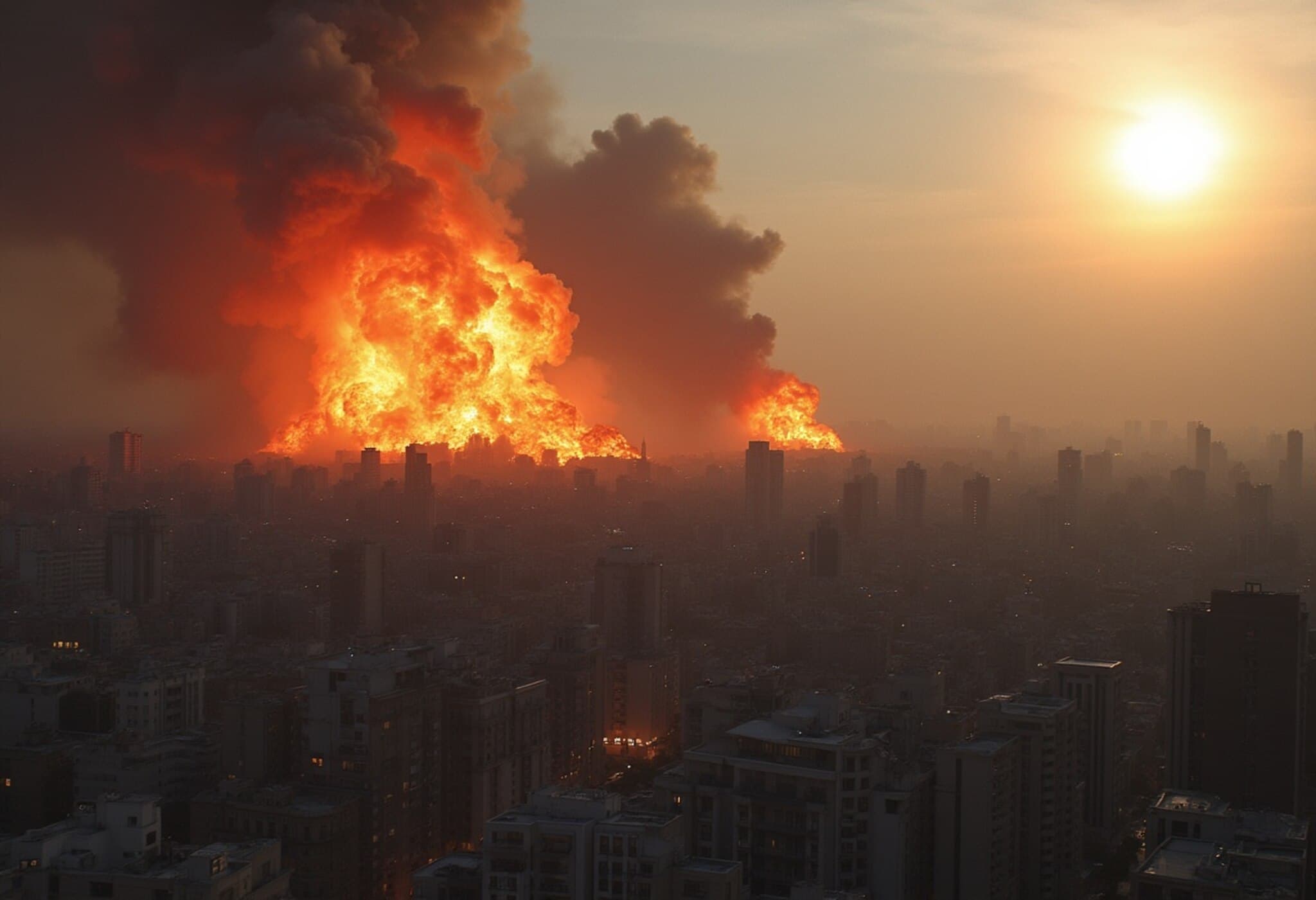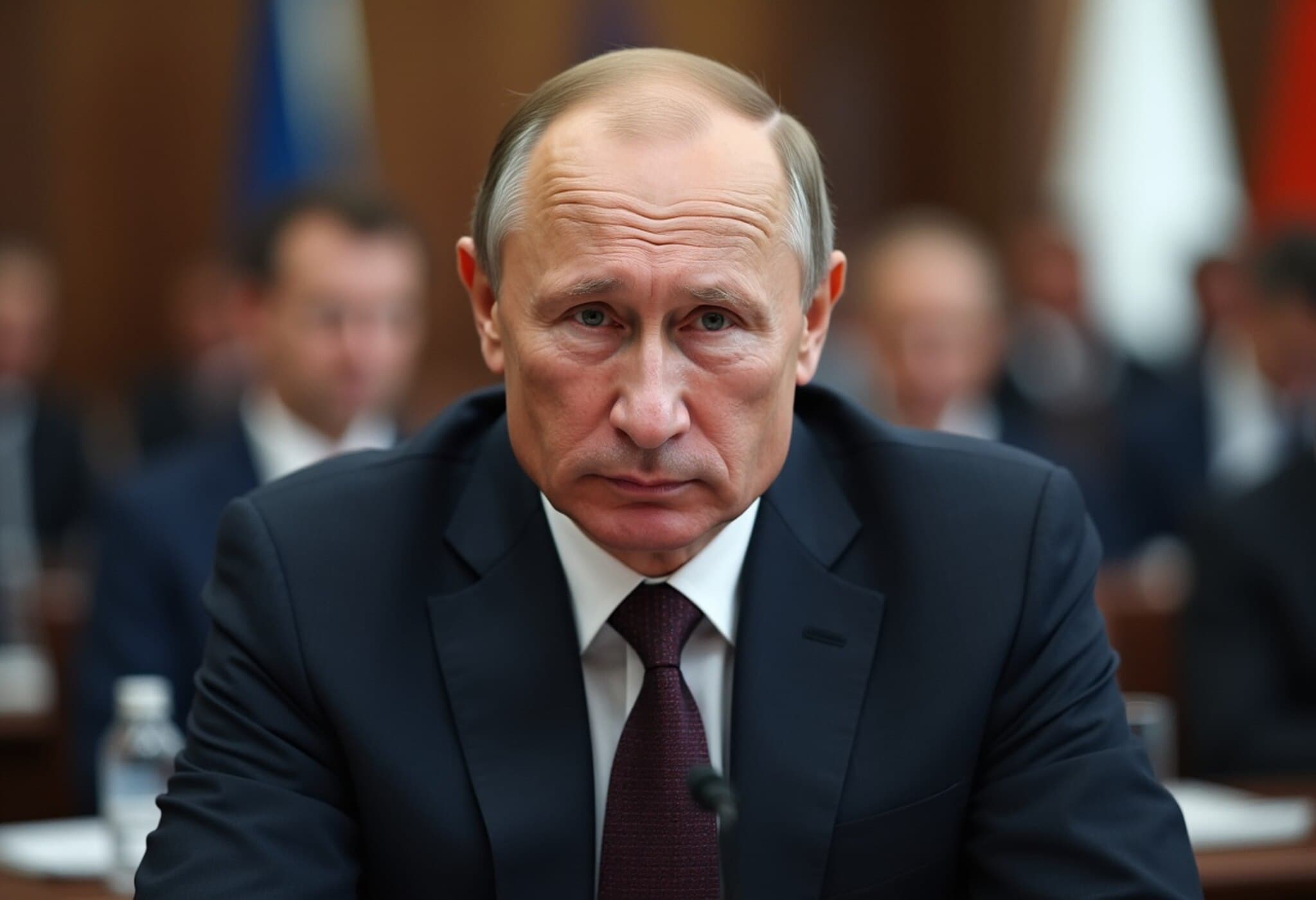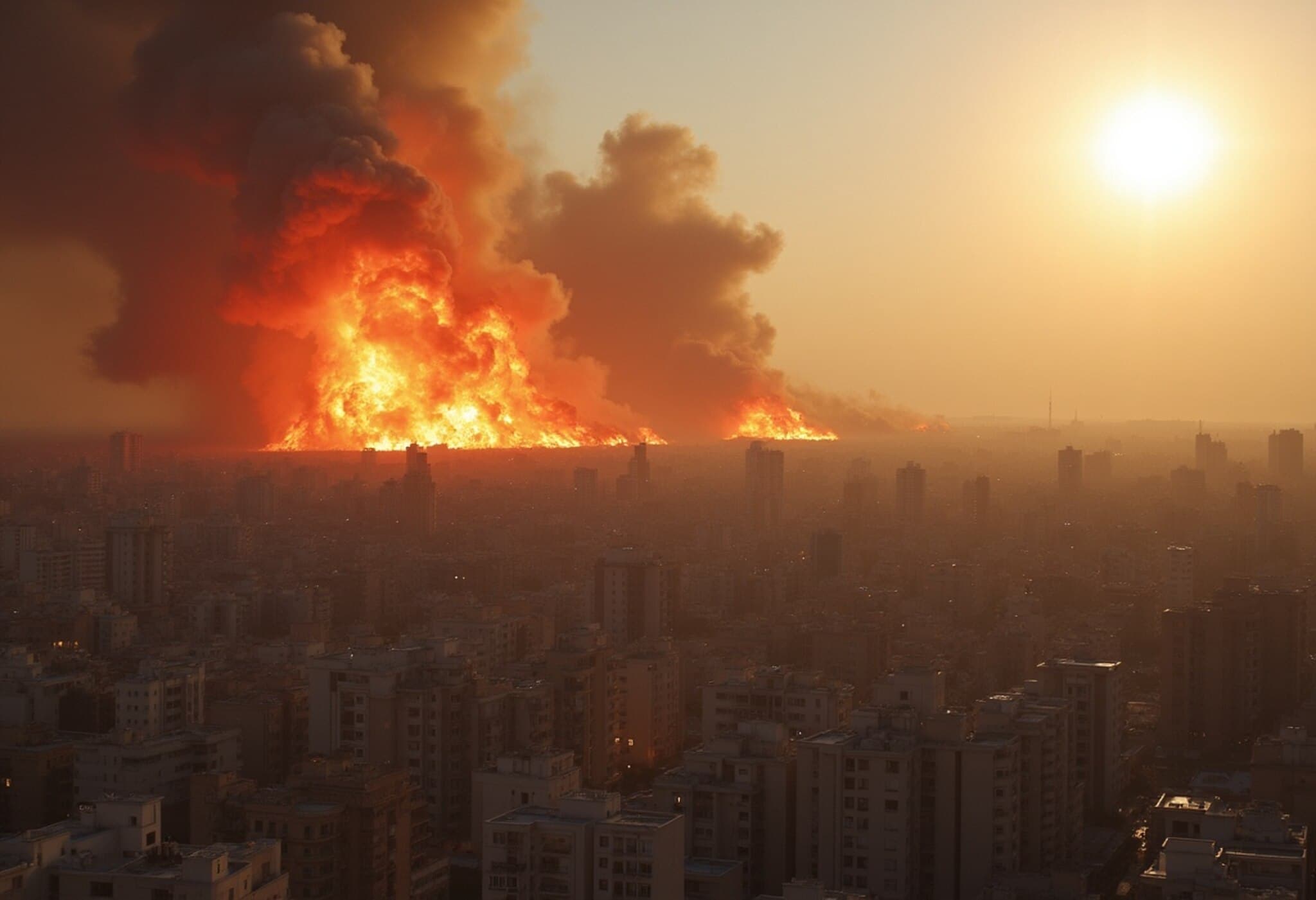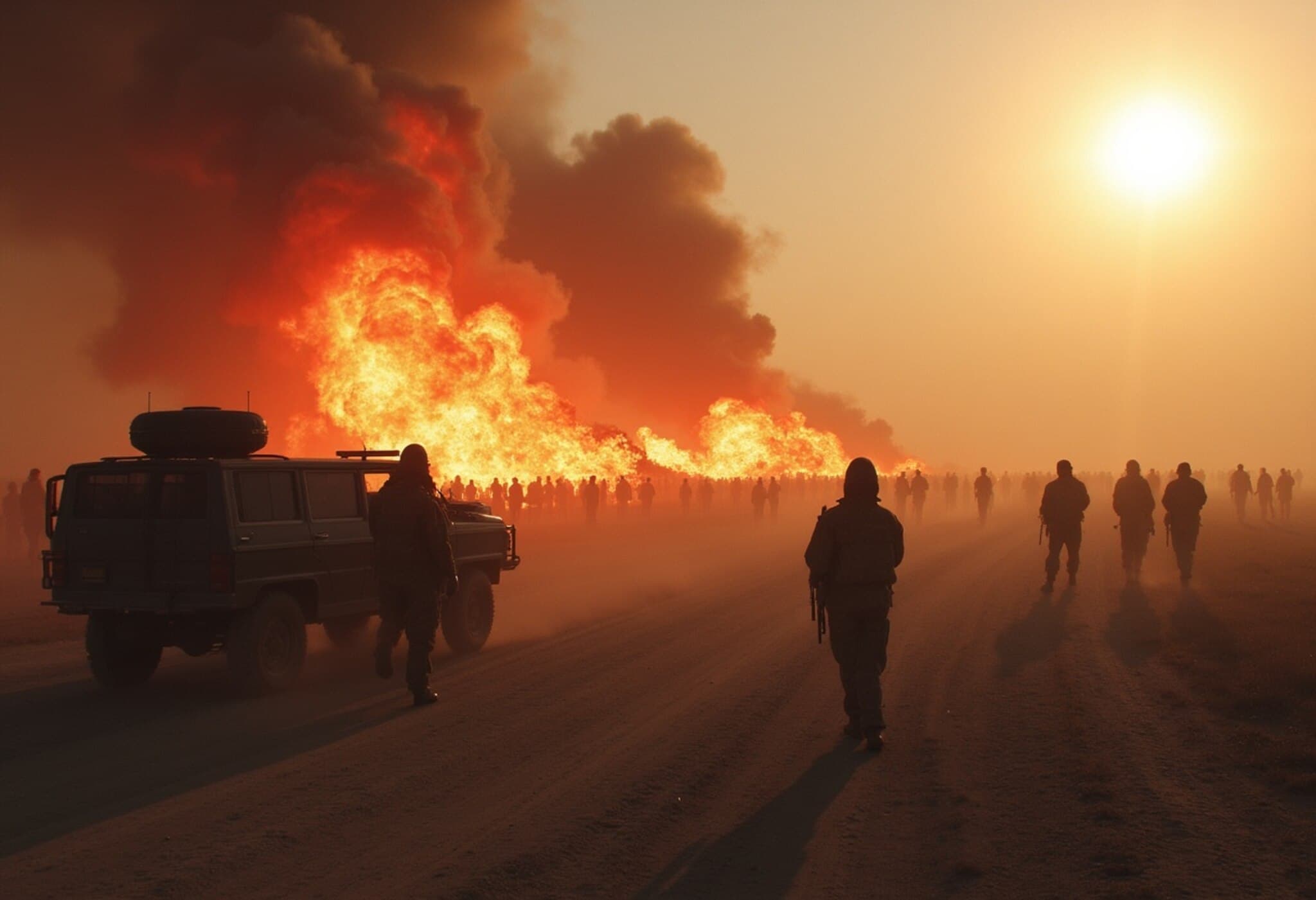Which Countries Could Serve as Safe Havens in a Potential World War III?
The escalating tensions between Iran and Israel have intensified concerns about a possible global conflict, with fears mounting around the prospect of World War III. Recently, the United States conducted airstrikes targeting Iranian nuclear sites, deploying powerful bunker-buster bombs designed to penetrate deep underground facilities. Coupled with Israel’s ongoing military actions, these developments have stoked anxieties worldwide, increasing the risk of broader hostilities.
Global Responses and Rising Tensions
US President Donald Trump has stated that both Iran and Israel sought his mediation for peace, leading to an announced ceasefire proposal. Despite this diplomatic effort, volatility remains high, and many fear the situation could spiral into wider conflict involving numerous nations.
On the international stage, Russia sharply criticized the US strikes on Iran, with its UN Ambassador warning Washington that these actions risk opening a “Pandora’s box” that could destabilize global security.
Where to Find Safety If Global War Erupts?
While any worldwide conflict would inevitably affect many parts of the globe, certain countries are considered more likely to remain relatively safe due to their geographic isolation, political neutrality, or self-sufficiency. Here’s a look at the nations that might offer the safest refuge during a major global war.
1. Antarctica: The Ultimate Remote Sanctuary
Located at Earth’s southernmost tip, Antarctica is far removed from international conflict zones. Its vast ice-covered expanse — spanning over 14 million square kilometers — offers refuge by distance. However, the severe climate makes survival challenging without proper preparation.
2. Iceland: Europe’s Peaceful Outlier
Known for its unwavering commitment to peace, Iceland has never been embroiled in a full-scale war. Its remote location in the North Atlantic shields it from conventional European conflicts, though minor nuclear fallout risk remains.
3. New Zealand: Peaceful and Protected by Nature
New Zealand ranks second on the Global Peace Index and maintains a neutral stance. Its mountainous terrain and geographical remoteness reduce its likelihood of being targeted in conflicts involving Western powers and Russia.
4. Switzerland: Neutrality and Natural Defenses
Famed for its political neutrality, especially during World War II, Switzerland is shielded by the Alps and a network of nuclear shelters. It remains uninvolved in military actions abroad, contributing to its safety profile.
5. Greenland: Sparsely Populated and Politically Neutral
As the world’s largest island, Greenland combines remote location with political neutrality. With only about 56,000 residents, its minimal strategic importance lowers attack risks.
6. Indonesia: Neutral and Geopolitically Balanced
Indonesia preserves a policy focused on neutrality and promoting global peace, lessening chances of involvement in major power conflicts.
7. Tuvalu: Tiny Island, Great Isolation
This small island nation with just 11,000 residents is geographically isolated, positioned between Hawaii and Australia. Its limited infrastructure and unassuming profile make it an unlikely target.
8. Argentina: Agricultural Resilience
With abundant wheat and crop production, Argentina has the resources to withstand the food shortages that could follow a nuclear winter. Its rich farmland could provide vital sustenance during crises.
9. Bhutan: Mountainous and Neutral
Since adopting neutrality in 1971, Bhutan has remained insulated by its rugged, landlocked terrain, making it difficult for external forces to reach.
10. Chile: Coastal Resources and Stability
Chile boasts a 4,000-mile coastline, abundant natural resources, and modern infrastructure — factors that combine to create a sustainable environment in turbulent times.
11. Fiji: Remote and Peaceful
Located thousands of miles from major powers, Fiji features dense forests and a small military presence, enhancing its standing as a peaceful refuge in the Pacific.
12. South Africa: Resource-Rich Survival Potential
With fertile land, ample fresh water, and developed infrastructure, South Africa offers a strong chance for resilience thanks to its resource diversity and agricultural capacity.
Conclusion
While no place on Earth is completely immune to the repercussions of a global conflict, these countries present the best bets for safety based on geography, neutrality, and resource availability. As global tensions rise, such destinations could become critical sanctuaries for those seeking shelter from war’s devastating reach.

